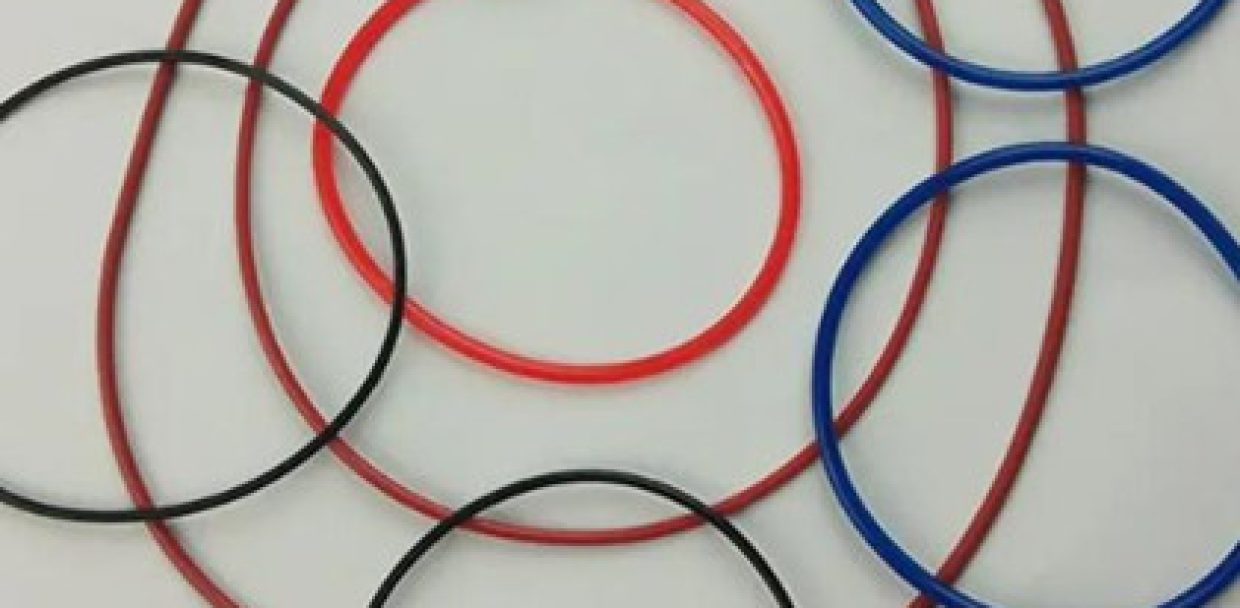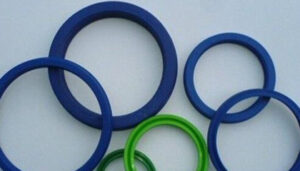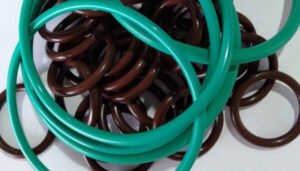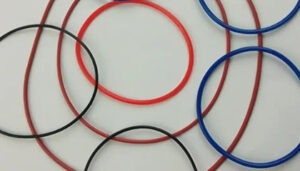Manufacturing high-quality O-rings need to go through a series of precise processes, many friends are more interested in its manufacturing production process, today, we will briefly introduce its manufacturing production process.
1. Preparation of raw materials
Usually, the sealing ring is made of rubber or other elastic materials, and the choice of raw materials depends on the use and working conditions of the sealing ring. Raw materials are usually supplied in blocks or sheets and need to be cut into appropriate sized blocks according to specific specifications for subsequent processing.
2. Pulverizing and mixing
Pulverization is the process of pulverizing rubber bulk raw materials into fine powder, which is usually achieved by using a pulverizing machine, which sends raw materials into the pulverizing machine and obtains powdery materials after crushing.
Next, the mixing stage mixes the raw material for making powder with other compounds to improve the properties of the material. In the mixing process, compounds such as additives, fillers and vulcanizing agents are gradually mixed into the rubber to improve its wear resistance, heat resistance, aging resistance and other characteristics. Mixing is usually done in a rubber mortar machine or mixer.
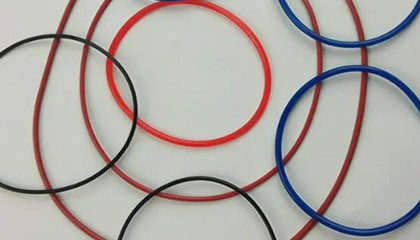
3. Calender and cut
The mixed rubber material is fed into a calender and pressed into thin sheets by a calender process. These sheets will become the base material for the manufacture of O-rings. Then, using a mold, the sheet is cut into strips of suitable size, which are further processed in a subsequent process.
4, molding and vulcanization
In the forming stage, the strip blocks are fed into the forming machine and molded into the shape of the seal ring using a specific mold and pressure. This step usually consists of two stages, pre-formation and post-vulcanization.
Pre-formation: In the pre-formation stage, the rubber block is pressed into the mold, but the vulcanization process has not yet been completed. The purpose of this step is to give the seals their basic shape, but they still need further treatment to get good performance.
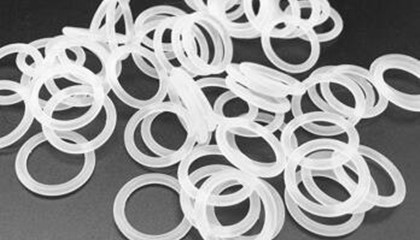
Vulcanization: After the completion of the pre-formation, the seal is sent into the vulcanization furnace for vulcanization. Vulcanization is a heating process, by exposing the O-ring to a high temperature environment, the sulfur linking substances in the rubber will produce a cross-linking effect, thereby increasing its elasticity and durability. The vulcanization time and temperature will vary according to the rubber material and engineering specifications.
5. Inspection and quality control
Rigorous inspection and quality control is essential at all stages of the manufacturing process. Seals need to meet specific requirements such as size, hardness, tensile properties and chemical corrosion resistance. Inspectors typically use a variety of measuring tools and test equipment to ensure that each seal meets specifications.
6. Lubrication and packaging
In subsequent stages of the production process, the seals usually need to be lubricated to reduce friction during installation and improve their sealing performance. Some manufacturers also coat the seal with a special lubricant. The seals are then packed into suitable containers for storage and transport.
Every stage of O-ring manufacturing requires precision machining and strict quality control to ensure the production of high-quality seals that can meet the sealing needs of a variety of applications.

